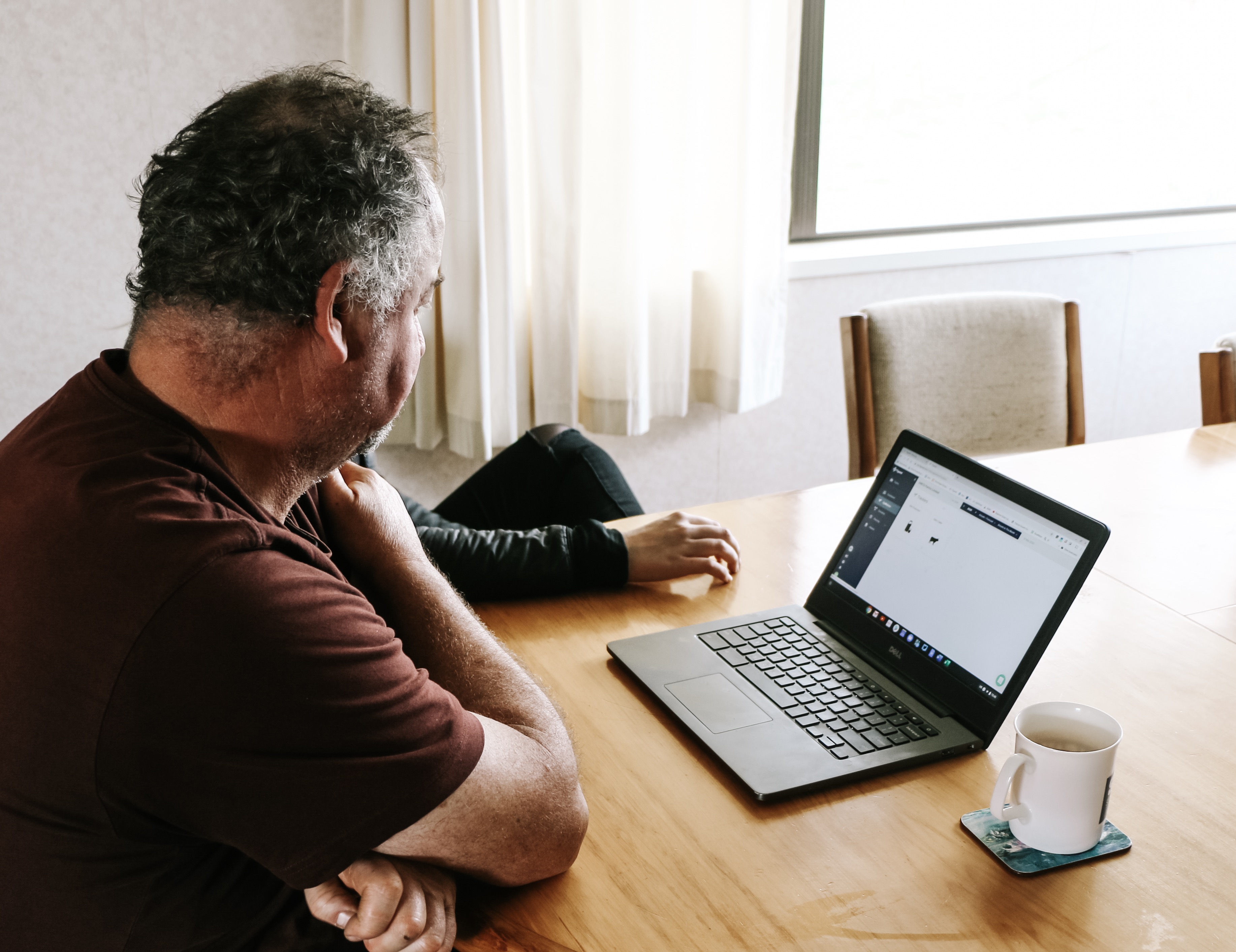By Admin
In the midst of the COVID-19 crisis, we chatted to John Schol from MMCA last week about what steps their firm is taking to ensure business continuity and wellbeing amongst their teams.
How are you maintaining a business as usual approach, while mitigating the risk of COVID-19?
Last week, we had about 70% of our workplace choose to work from home and only about 15 people stay in the office. What made it simple for us is that we are almost completely cloud based in our tech stack now. The majority of our team have portable laptop devices that they can take home. And we have the right platforms in place to facilitate communication between teams.
The key to this is to keep everything in the cloud and minimise the need to transport paper documents, provide your teams with devices to allow mobility (laptops), and ensure you have an effective communication platform. Little has changed in terms of productivity, and the ability to check in on this. I understand that if you didn’t already have these processes in place and the cloud set up, that it may be a challenge getting it set up in a short period of time. However it is so important to ensure productivity and social connection.
We’ve always had the ability to work from home, but most people chose to stay in the office. The reason people have chosen to work from home now is that they've taken their screens home, so essentially they have 3 screens to work from. As an accountant it’s really hard to do work on just one screen, but now they have the right set up at home to be able to do that.
What do you do to stay connected with your teams?
For our connectivity, we use Microsoft Teams to video call our leads and teams. We also use Microsoft Kaizala for workflow management and group communication. You can set up different teams within the app that can communicate together, as well as individuals and company wide channels. That’s where the comms are going out from the leadership team.
We’ve also set up a process for our teams to catch up three times a day. Once in the morning, checking in as a team and talking about what they want to achieve by lunch. Then at lunch they check in with their lead and talk about how they’ve got on, what roadblocks they may have experienced and what help they may need, as well as goals for the afternoon. At the end of the day they check in and make sure they've achieved all that they needed to. It’s in place as a social connection to make people feel supported, safe and like they have avenues of communication to go through.
The thing with these communication platforms is that social contact is so important, not just in a work sense. There has been a bit of banter going into Kaizala with people sharing funny stuff that they are experiencing, so it’s a bit like having a laugh in the office too.
Why is it so important to be proactive in this approach?
We’re minimising the risk to the whole office and ultimately, the community. We’ll be back in the office when we can be, but for now it’s about staying safe. We’ve heard of some companies sending half of their staff to work from home to maintain a safe distance, and others are bringing in their teams in shifts. We’ve also seen some companies take home boxes of paper files. This is especially stressful when approaching the end of financial year and tax filing.
We’re lucky that all the things we’ve done over the past several years in migrating our business to be cloud based has made this transition easier, so we’ve been able to focus on our people. We’ve done care packs and food packs and vouchers for the supermarket. We’ve tried to focus on wellbeing - physical health, mental health and financial health. People here are on different wages and salary packages, and it's important that we look after everyone and make them feel safe. We’ve probably spent as much time on that as the business continuity part, because we simply haven't had to worry about how we get info out the door with VPNs and the like.
Proactive is one of our core values. So this is really just living into our values and what we’re trying to achieve with our clients and with our own team. It’s about having empathy for everyone's positions, and to be there to support them. We treat them the way we would treat our own families. It’s about looking after you and your team’s health and wellbeing, and it's about self isolation wherever possible. As an employer, you need to be proactively trying to slow everything down and prevent people from getting it.
*Please note this interview was conducted prior to the NZ Alert Level being raised to 3, and ultimately 4, so business practises have changed to abide by this law.

